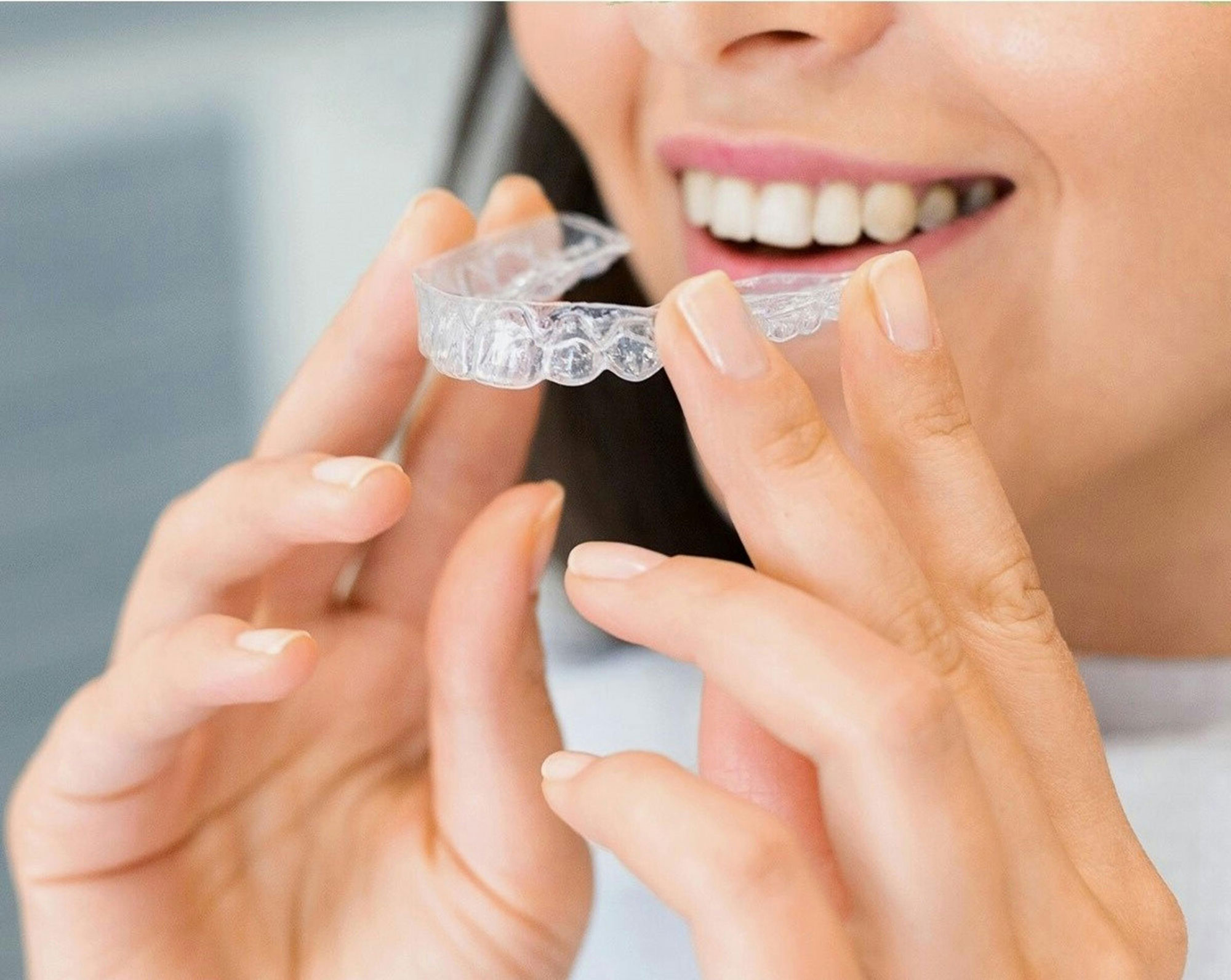The Hidden Dangers of Porcelain-Fused-to-Metal Crowns
Posted by Seattle Dental Care - Biological Dental Care Oct 20, 2024

The Hidden Dangers of Porcelain-Fused-to-Metal Crowns
- Components of Porcelain-Fused-to-Metal Crowns
- Health Risks
- How a Biological Dentist Can Help

Porcelain-fused-to-metal (PFM) crowns have been a popular choice in restorative dentistry for decades. Combining the durability of metal with the aesthetics of porcelain, these crowns seem like a perfect solution for restoring damaged teeth. However, there are hidden dangers associated with PFM crowns that can impact both your oral and overall health. As more people become aware of the risks of metal toxicity and the benefits of metal-free alternatives, biological dentistry has become a key approach in addressing these concerns.
Components of Porcelain-Fused-to-Metal Crowns
A PFM crown consists of two layers:
- Metal Substructure: The core of the crown is made from a metal alloy. Common metals used in PFM crowns include nickel, chromium, cobalt, and palladium. These metals are chosen for their strength and ability to bond with the porcelain, but often neglecting the health risks it can bring to patients.
- Porcelain Layer: The outer layer is porcelain, which is fused onto the metal substructure to give the crown a tooth-like appearance. The porcelain provides a natural, tooth-colored finish, making the crown blend in with surrounding teeth.
Health Risks
While PFM crowns may seem like a good solution, they come with significant health risks due to the metal content:
- Metal Sensitivity and Allergies: Many people are sensitive or allergic to metals like nickel and chromium, both of which are common in PFM crowns. Symptoms of metal allergies include oral irritation, discoloration of the gums, inflammation of the gums, and even systemic reactions such as headaches, fatigue, or skin rashes. These reactions can occur even years after the crown is placed.
- Galvanic Toxicity: When different metals are used in the mouth, such as in amalgam fillings or other crowns, they can create a "battery effect" known as galvanic toxicity. This can lead to electrical currents in the mouth, resulting in discomfort, tingling sensations, or even chronic fatigue. Over time, this constant electrical charge can damage tissues and irritate nerves.
- Metal Corrosion: Metals in the mouth can corrode over time due to exposure to saliva and food. This process releases metal ions, which can leach into your body and lead to metal toxicity. Metal corrosion is particularly problematic for those with compromised immune systems, as the body may struggle to eliminate these toxins effectively.
- Interference with Diagnostic Imaging: The metal in PFM crowns can interfere with dental X-rays and other imaging techniques. This makes it difficult for dentists to monitor the health of the tooth beneath the crown and detect issues like decay or infections.
- Porcelain Chipping: Though porcelain is strong, it is not indestructible. Over time, the outer layer can chip, exposing the metal underneath. This not only compromises the aesthetics but can also increase the risk of metal ion leakage, bacterial buildup and decay.
How a Biological Dentist Can Help
Biological dentistry offers a holistic, health-centered approach that avoids the use of potentially harmful materials. Biological dentists understand the dangers of metal in the mouth and focus on using biocompatible, non-toxic materials to ensure both oral and systemic health.
Steps in Removing a Porcelain-Fused-to-Metal Crown:
- Assessment and Planning: Before removing a PFM crown, a biological dentist will conduct a thorough assessment, which may include testing for metal sensitivities, reviewing medical history, and taking detailed imaging to evaluate the condition of the tooth and surrounding tissues.
- Ozone Therapy: After the crown is removed, many biological dentists use ozone therapy to disinfect the area, eliminate any harmful bacteria allowing inflamed gums to heal naturally. Ozone therapy is a natural, powerful disinfectant that promotes healing and reduces inflammation.
- Replacement with Biocompatible Materials: Instead of replacing the PFM crown with another metal-containing option, biological dentists offer non-metal alternatives like zirconia crowns. Zirconia is a ceramic material that is as durable as PFM crowns, aesthetically pleasing, and most importantly, biocompatible. It does not pose the same risks as metal-containing crowns and integrates well with the body.
- Support for Detoxification: If a patient is suffering from metal toxicity, the biological dentist may recommend detox protocols to help the body eliminate harmful metal ions. This may include dietary changes, supplements, or chelation therapy to support the body’s natural detoxification processes.
Porcelain-fused-to-metal crowns may seem like a good choice for tooth restoration, but the hidden dangers they pose should not be overlooked. From metal sensitivities and galvanic toxicity to the risks of corrosion, these crowns can negatively impact your health. Biological dentists are trained to safely remove metal-based restorations and replace them with non-toxic, biocompatible alternatives like zirconia crowns. If you’re concerned about the health risks associated with PFM crowns, consulting a biological dentist could be the first step towards a healthier, metal-free smile.
At Seattle Dental Care, our biological dentist ensures to provide each of our patients with a positive and relaxing experience. If you're ready to experience the best biological dental care, please contact holistic dentist Seattle WA at (206) 728-1330 or visit us at 2107 Elliott Ave Ste 210, Seattle, WA 98121. We will be happy to guide you further.
MON - SUN 8:00 am - 5:00 pm
2107 Elliott Ave Ste 210,
Seattle, WA
Phone : (206) 728-1330Text Us : (206) 728-1330




